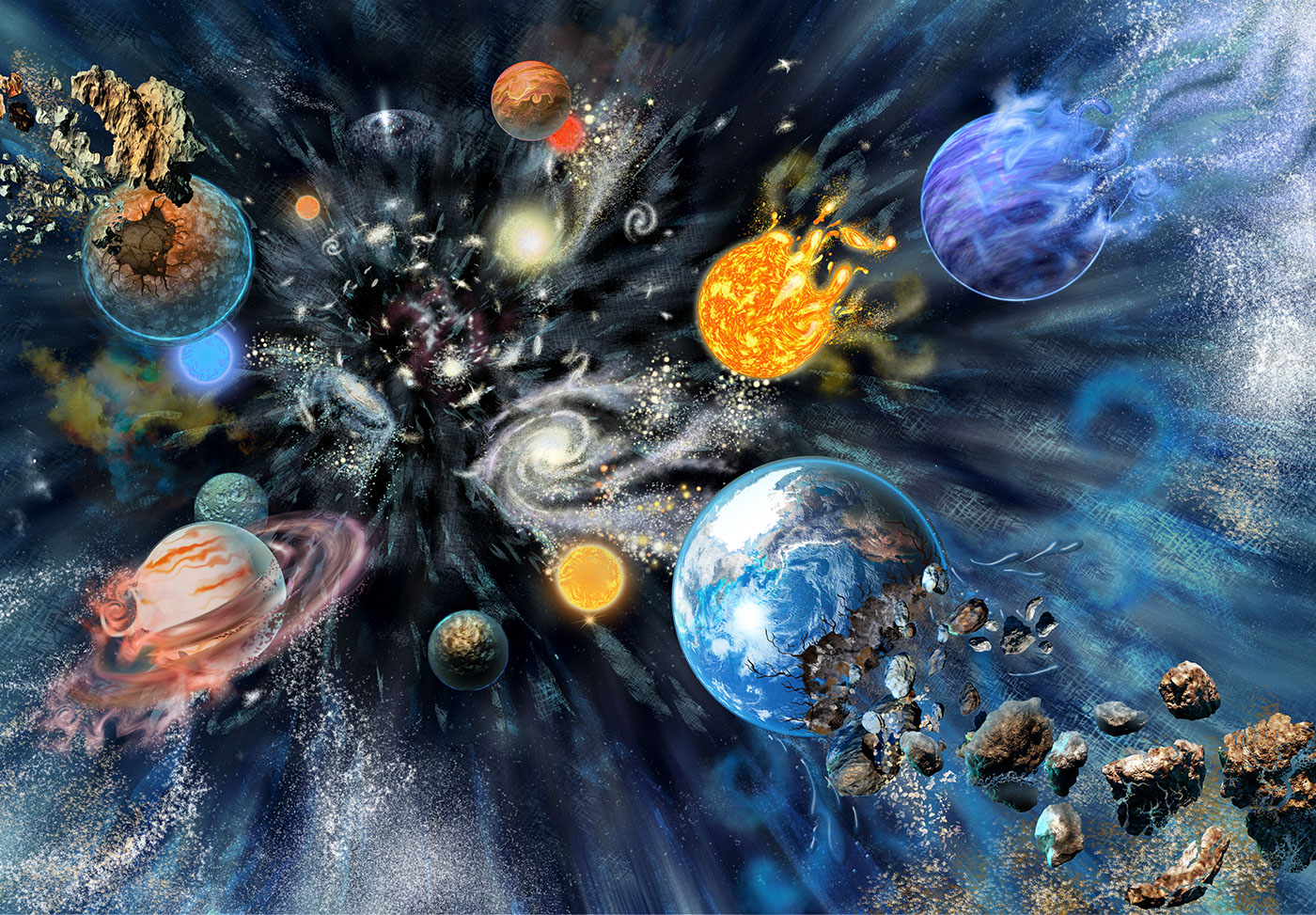Astronomy

Minor in Astronomy
Astronomy is the oldest science. Since astronomy studies how the universe works, it is a sub-specialty of physics. So in addition to astronomy, majors take upper-level courses in physics and mathematics. For the astronomy major we offer courses in general astronomy and astrophysics, the solar system, and observational techniques. Our students gain practical teaching experience as laboratory assistants and tutors. Our faculty specializes in solar system astronomy, interstellar medium, stellar evolution, active galaxies, and cosmology.
What can you do with a minor in Astronomy?
Graduates of the astronomy program at Valdosta State University have gone on to pursue graduate degrees in astronomy, physics, and atmospheric physics. Others have embarked on rewarding careers in aerospace and related industry or have become planetarium directors or research assistants at national observatories. Others have specialized in science teaching for high school and middle school.
- science or technical writer
- data analyst (for NSA, CIA, NASA)
- observatory scheduler
- telescope operator at national observatories
- data quality specialist for large space-based-observatory ground facilities
- aerospace engineers
- Naval or Air Force Officer
- planetarium program director
- NASA employee
We offer a Minor in Astronomy, as well as courses for science core requirements.
Astronomy Facilities
- Planetarium
- 16" Cassegrain Reflecting Telescope
- 0.9 m SARA Telescope at Kitt Peak (NOAO)
- 0.6 m SARA Telescope at CTIO--Chile (NOAO
Department of Applied Mathematics and Physics
-
Mailing Address
1500 N. Patterson St.
Valdosta, GA 31698